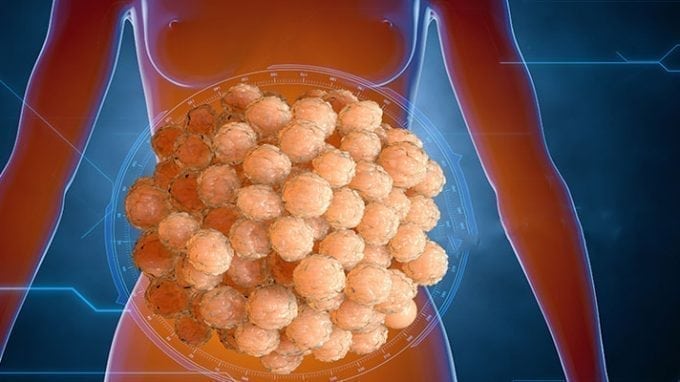For years, melatonin has been a large proponent in sleep and circadian rhythm studies, however, research has also found that melatonin can also play a role on your fertility. Melatonin’s role on increasing the quality of a woman’s eggs by protecting them from environmental stressors may be beneficial to women trying to conceive.
Many people around the world take melatonin supplements to help them sleep, but most don’t know that it can also help boost a woman’s fertility.
Environmental factors play a large role in overall health, and it can also reduce the quality of a woman’s eggs, thus decreasing her ability to conceive. Research has found that much of this damage can be reduced, and egg quality increased, by taking this supplement regularly.
A Closer Look at Melatonin
One of the body’s many natural hormones, melatonin, is released by the pineal gland in the brain and performs a variety of functions. Many people are aware that this hormone is responsible for maintaining the body’s internal clock, which regulates the sleep-wake cycle. The body naturally produces and releases more melatonin into the body when the body is deprived of light (night time) than when it is light out. However, the body can also be tricked into producing less than is needed to maintain its functions.
Exposure to bright lights during the evening hours can result in decreased production of melatonin. The body can also produce too much when there isn’t enough light exposure during the day. Poor vision, shift work, and jet lag can also contribute to creating disruptions in this hormone’s natural production cycles. Because melatonin helps to regulate other hormones and systems in the body, this imbalance of melatonin can affect more than the body’s circadian rhythm.

Because of its interaction with various hormones and systems, melatonin has been found to influence the female reproductive process in several ways:
– Melatonin controls puberty onset.
– It controls both the duration and the frequency of menstrual cycles.
– Melatonin influences the onset of menopause.
– Helps to control timing of the release of female reproductive hormones.
– Is believed to have an impact on egg quality.
Egg Quality and Fertility
Egg quality is directly related to a woman’s ability to conceive. A high-quality egg is more likely to become fertilized and implanted into the uterus.
Women are born with every egg they will ever have. As women get older, their egg quality tends to decline. There are a few reasons why this happens, however, like every other cell in the body, eggs age as the woman does. In addition, the DNA repair pathway, which is responsible for maintaining egg vitality, becomes less efficient over time. Finally, the chances of ovarian scarring or inflammation, which can affect egg quality, also increase as a woman gets older.
Prior to ovulation and after implantation, the egg is connected to the woman’s circulatory system, and it receives all the energy it needs from the female host. However, during the seven-day journey from the ovary to the uterus, it’s on its own and must produce its own energy. A low-quality egg is therefore unable to maintain adequate cell division for the entire length of its journey and, when it reaches the uterus, it is not ready or able to attach.
Improving Egg Quality with Melatonin
One way in which the quality of a woman’s eggs can be improved, is with melatonin supplements. This hormone is a strong antioxidant that can support cellular health. Proper melatonin supplementation is able to protect an immature egg, particularly during ovulation, from oxidative stress. It is also involved in egg maturation and embryo development.
Before an egg is released, it matures within a follicle that is filled with fluid. The egg is bathed in this fluid, which is meant to nourish it. However, if this fluid contains oxidative chemicals, they can cause follicular damage that might also reduce the egg’s quality. Melatonin can also increase the sensitivity of the ovaries and uterine wall to estrogen, further improving the chances of implantation occurring.
Countless research has been performed over the past thirty years that supports the use of melatonin in improving egg quality. The current recommendation is to take 3 mg per day, to maximize benefits and minimize side-effects. In addition, for optimal absorption and effect it is recommended to use a pulsatile release formulation that is comprised of combination slow- and fast-release melatonin to allow for the hormone to remain in the body over a period of time and then decrease in a natural succession.




